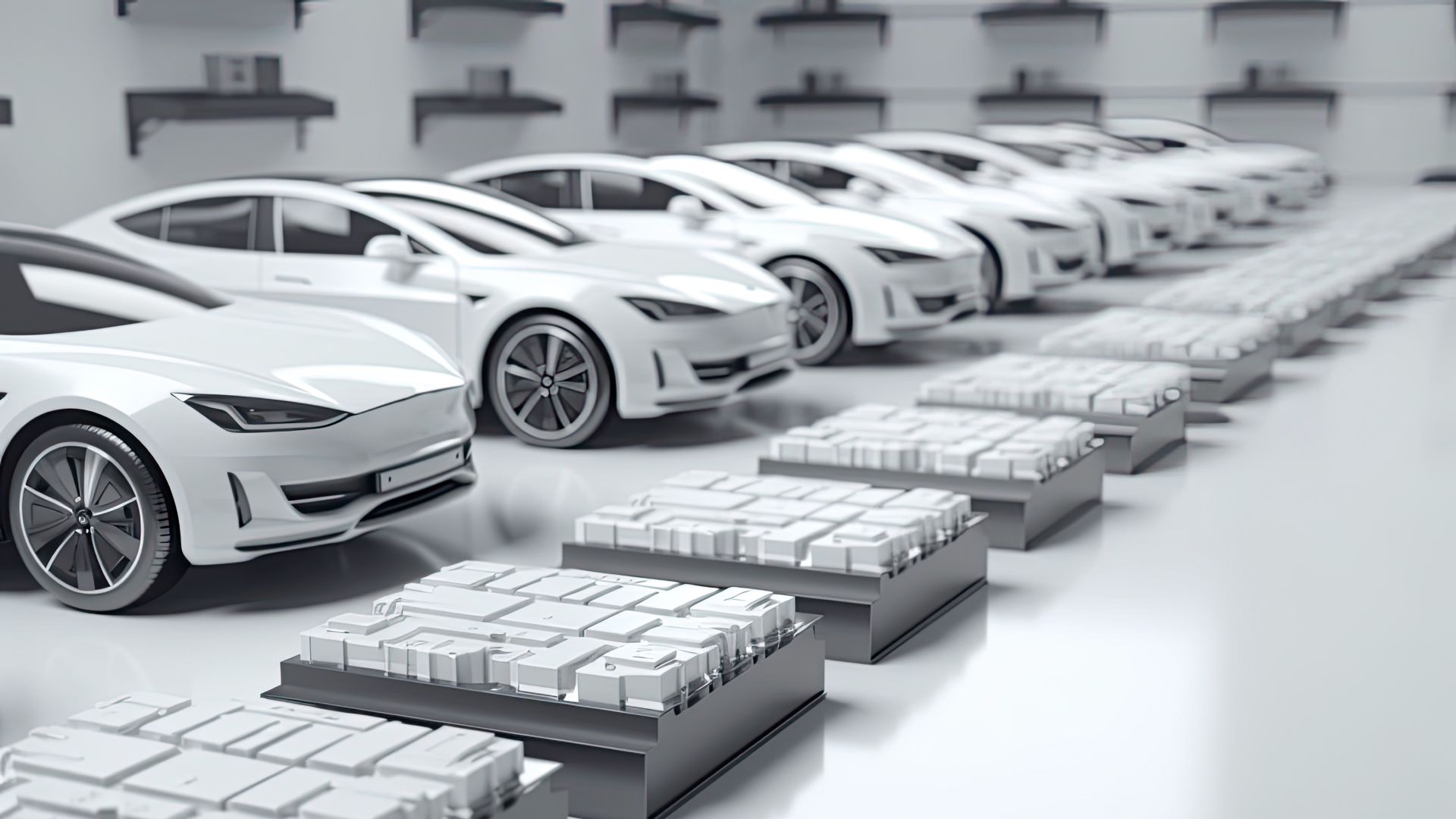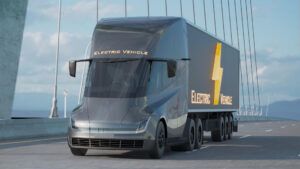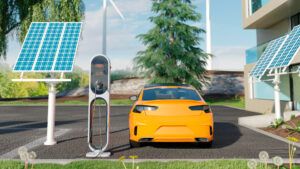CapEx for Indian EV components to Surpass ₹25,000 crore in the next 3-4 years: ICRA
Government subsidies and product launches fuelled a remarkable increase in EV sales across India in the last few years.
And now, ICRA, a rating agency, predicts a minimum of ₹25,000 crore CapEx over the next 3-4 years for product improvement and advanced tech. Additionally, the rating agency mentions that battery cells will account for roughly 45-50% of this spending.
Also, the agency projects demand for EV batteries in India to hit 15 GWh by 2025 and 60 GWh by 2030.
Shamsher Dewan, senior VP – Corporate Ratings, ICRA, said:
India currently doesn’t manufacture battery cells, and thus most OEMs rely on imports. Manufacturing operations in India are limited to the assembly of battery packs.
To achieve mass-scale penetration of electric cars and a competitive cost structure, India will need to create its ecosystem for developing battery cells locally.
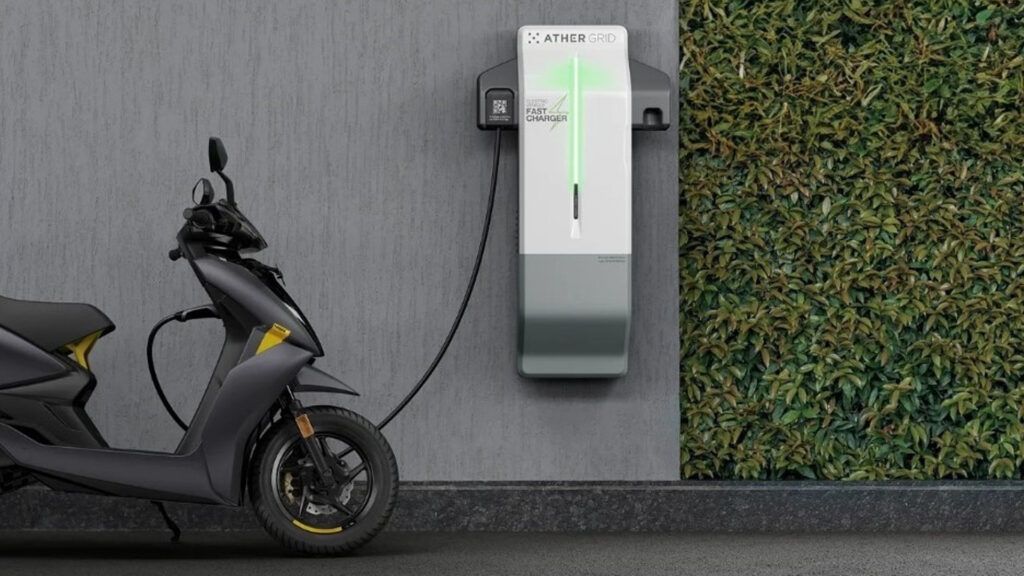
In FY24, electric vehicle adoption hit the 4.7% mark, primarily due to the surge in electric two-wheeler sales. ICRA forecasts that by 2030, EVs will represent 15% of passenger vehicle sales and 25% of domestic two-wheeler sales.
The projection by the rating agency indicates notable market potential for electric car components, with the e-2W segment expected to surpass ₹1 lakh crore by 2030. Additionally, ICRA estimates the e-passenger vehicle (e-PV) component market to reach at least ₹50,000 crore by 2030.
Dewan added:
The PLI scheme, recent e-vehicle policy and state incentives would also contribute to accelerating capex. There is also substantial private equity interest in this space. Capex for components other than batteries is expected to be funded largely through internal accruals.”
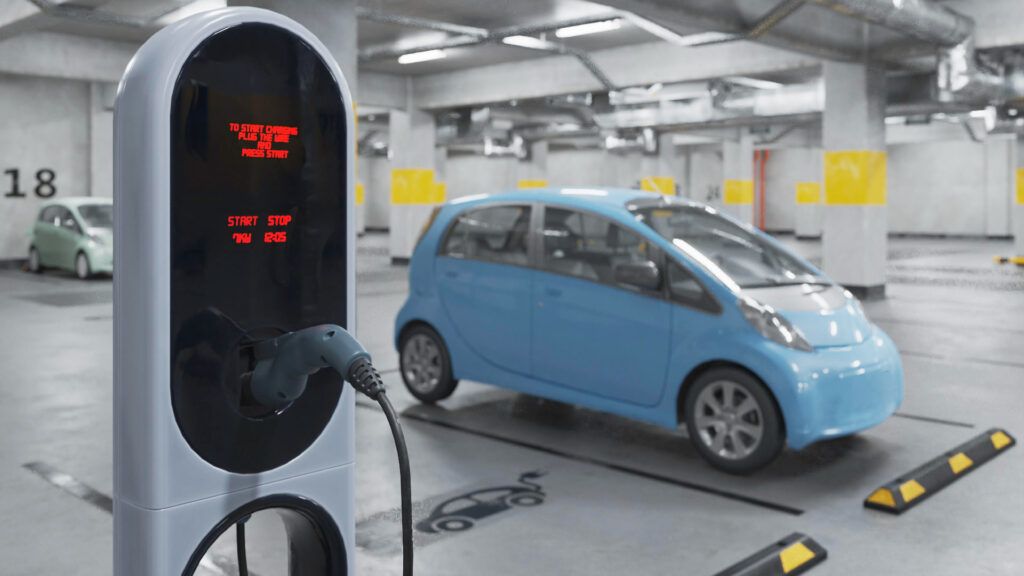
The shift to EVs will affect engine and transmission components, with potential impacts on aftermarket demand due to fewer parts. However, ICRA suggests diversifying into other applications, introducing new products, and exploring exports could partially offset these effects.
Also, the limited localization of the electric car supply chain, of about 30-40%, had a significant impact. But, chassis components, requiring minimal tech upgrades, are in widespread production.
Moreover, traction motors, control units, and battery management systems have undergone significant localization. Nevertheless, due to cost considerations, India still imports advanced chemistry batteries, making up 35-40% of vehicle price.

